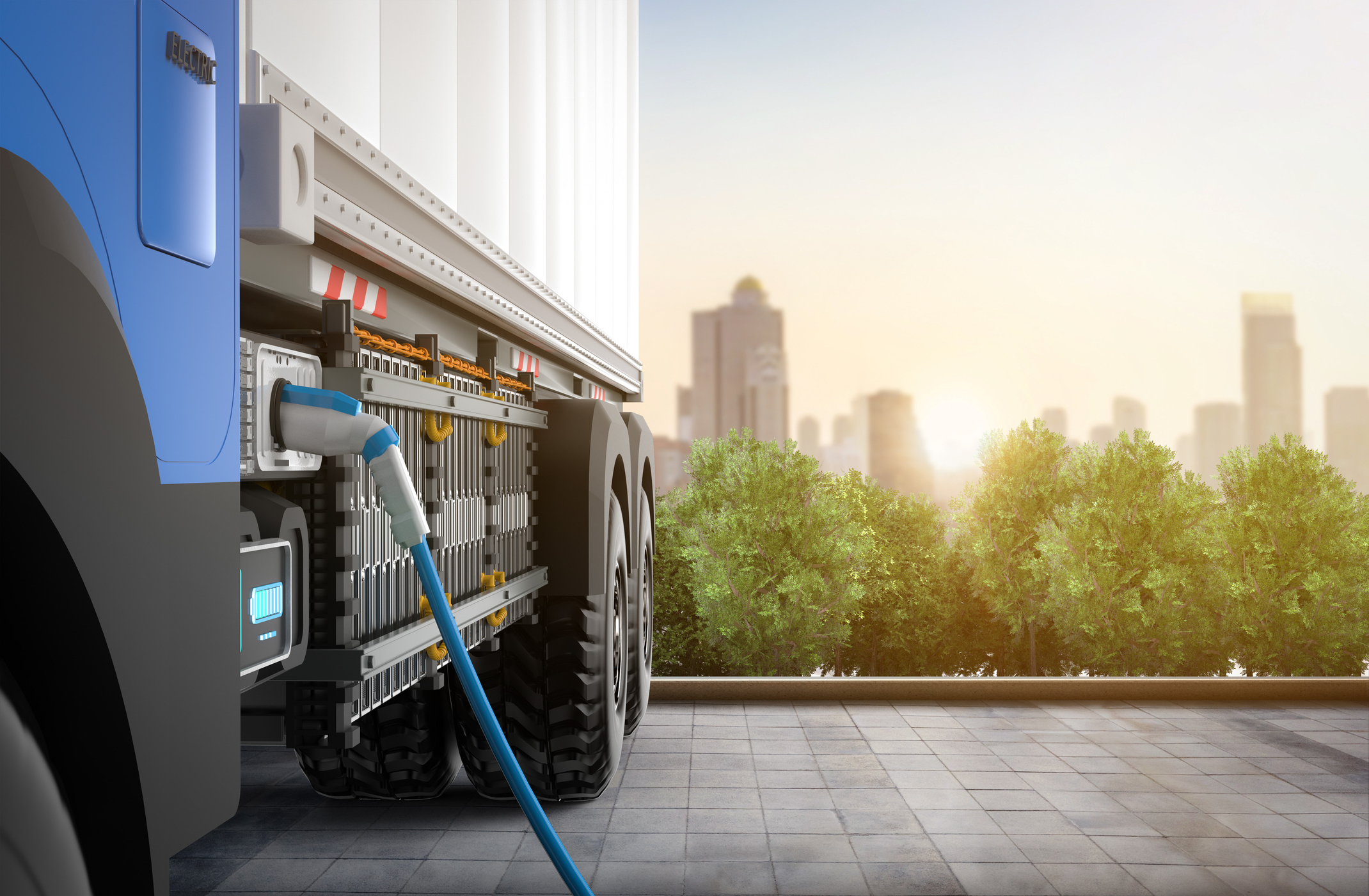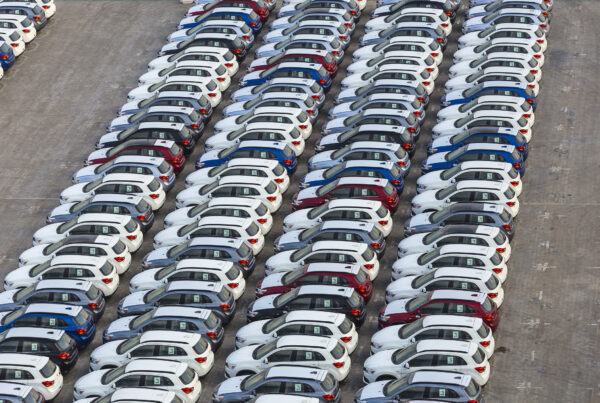Regulatory hurdles and high costs are slowing the uptake of heavy-duty electric trucks in Australia. Automakers and advocacy groups called for reforms to accelerate the transition to greener transport at the latest session of the Transition to Electric Vehicles inquiry in Brisbane.
Price and Infrastructure Challenges
Many freight operators are eager to invest in electric trucks, but the cost is a major obstacle. Adele Lausberg, Chief Advocacy Officer at the Heavy Vehicle Industry Association, told the inquiry that the price of electric trucks is two to three times higher than their diesel equivalents. The need to install charging infrastructure also burdens businesses, further increasing costs.
“If we want to cut emissions, electric trucks need to be part of the conversation,” Lausberg said. “They offer real benefits for the environment and businesses alike, but the price tag and infrastructure needs are holding things back.”
Despite these barriers, Lausberg believes electric trucks could be transformative for the industry, helping businesses reduce their carbon footprint while eventually saving on maintenance costs.
Efficiency and Workforce Benefits
Mark Gjerek, Managing Director of Mov3ment, pointed out that while electric trucks are initially more expensive, they are cheaper to maintain and operate eventually. He suggested that financial assistance would encourage businesses to adopt the technology sooner.
Furthermore, he pointed out that electric trucks, which are quieter, smoother, and easier to drive, could help attract more drivers to the industry, which is facing labour shortages.
“What we see is drivers prefer electric heavy vehicles,” Gjerek said. “Electric vehicles coming into the truck industry could attract drivers.”
Inconsistent Regulations Holding Back Progress
Another issue is the patchwork of regulations across Australia, which complicates the deployment of electric trucks. Timothy Camilleri, e-mobility solutions manager for Volvo Australia, urged for a consistent national approach. This can make it easier for electric trucks to operate across different states and regions.
“We (want) national harmonisation across the different jurisdictions… not just between states and territories but into local councils as well,” Camilleri said.
He added that trials have made some progress in allowing heavier electric trucks on public roads. However, more must be done to enable broader adoption.
As Australia works toward reducing transport emissions, heavy-duty electric trucks are seen as a crucial part of the solution. However, addressing the financial and regulatory barriers will be essential to fully unlock the benefits they offer.
The inquiry is set to continue with further hearings in Canberra and Adelaide, where more industry experts will contribute to the discussion on the future of electric trucks.
Did you find this article interesting? Click the ‘heart’ button above to give it a ‘like’!


















